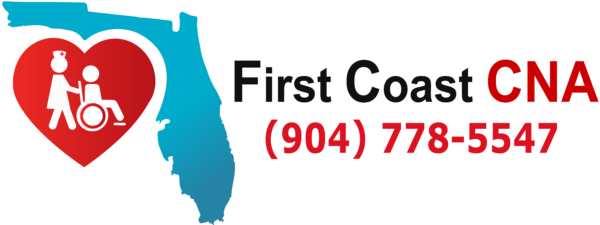When people list the factors of a good relationship, communications usually comes up at some point on the list. Without communication, we miss connections and don’t meet the needs of those around us. While most people refer to this in the context of romantic relationships, this is true in our relationships with anyone—family, friends, and—if you’re a CNA—your patients and fellow healthcare providers. Recognizing the importance of communication skills as a CNA can help you polish yours today.
Patients and Their Families
Patient communication comes in many forms. It can involve the simple greeting you give when you first enter the room, your instructions to them as you walk them through testing their vitals, and—most significantly—the explanation of their health conditions and treatment. With so much vital information to convey, your ability to communicate with patients is essential for a plethora of reasons.
Safety
As much as you are a keeper of patient care as a CNA, at some point, patients will be responsible for some aspects of their own care. They will likely have to take their own medication, remove bandages, or adhere to prescribed physical limitations for a certain amount of time. Because a patient doesn’t typically have the same medical background knowledge that you do, these instructions may not be intuitive to them. It is up to you to communicate clearly to equip them with the information they need to see their recovery through.
Fears
If a patient is under your care as a CNA, chances are they have had something difficult happen to them recently, whether it’s an injury, illness, or placement in a new living situation. As such, they have to contend with not only their physical ailments but also the emotions that come with the uncertainty of their situation. As a CNA, your ability to relate the facts in a way that communicates confidence and comfort could be the thing that quiets your patient’s fears and those of their loved ones.
Other Healthcare Providers
Whether you are reporting a resident incident, relating what care you gave to a patient, or simply sending a note to the pharmacy, most of your daily communications are going to be with your co-workers. And these communications affect far more than the staff of a hospital or nursing facility.
Patient Care
No patient receives treatment in a vacuum. RNs, doctors, pharmacy technicians, and other CNAs have a hand in what happens to a patient. To provide the best care, all these parties must be in constant communication. A breakdown in communication here can result in medication or treatment errors that can have consequences ranging from inconvenient to catastrophic. The importance of communication skills as a CNA and a member of a medical team, then, are impossible to overstate.
It may not be on your Florida Prometric CNA exam, but it pays to brush up on your communication skills as a CNA. The better you communicate, the sweeter your relationship with your job will be.
